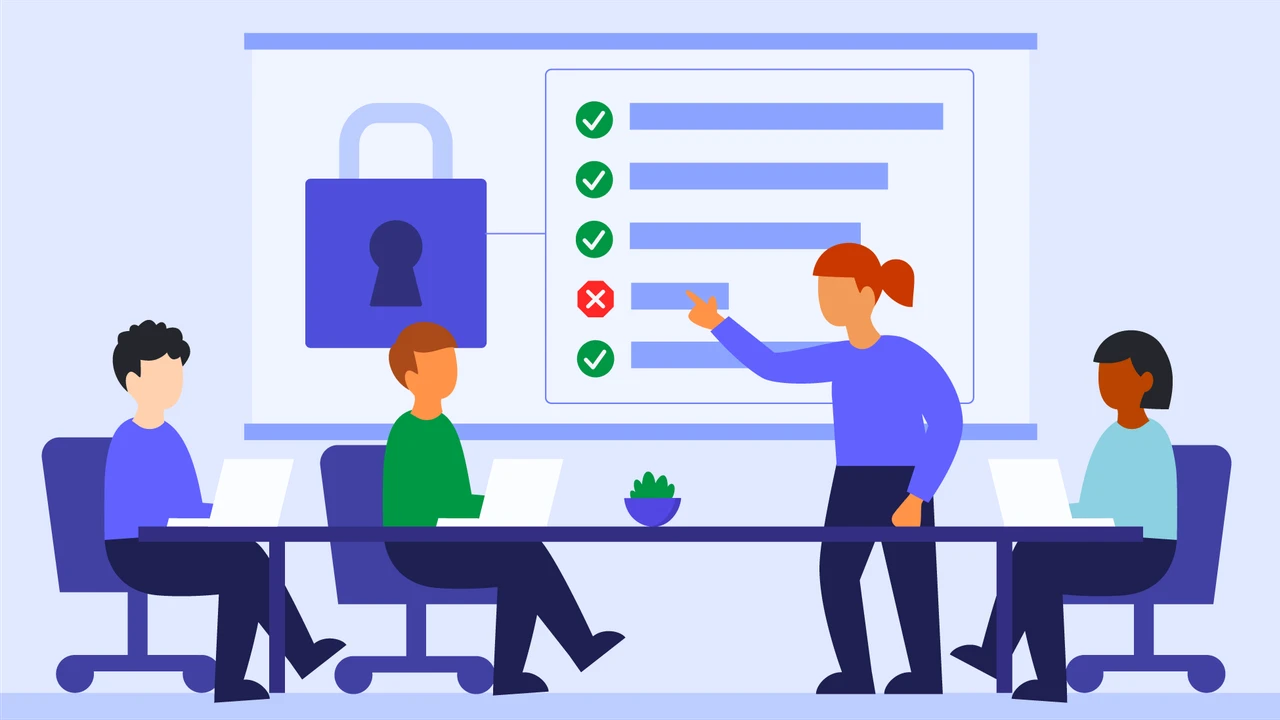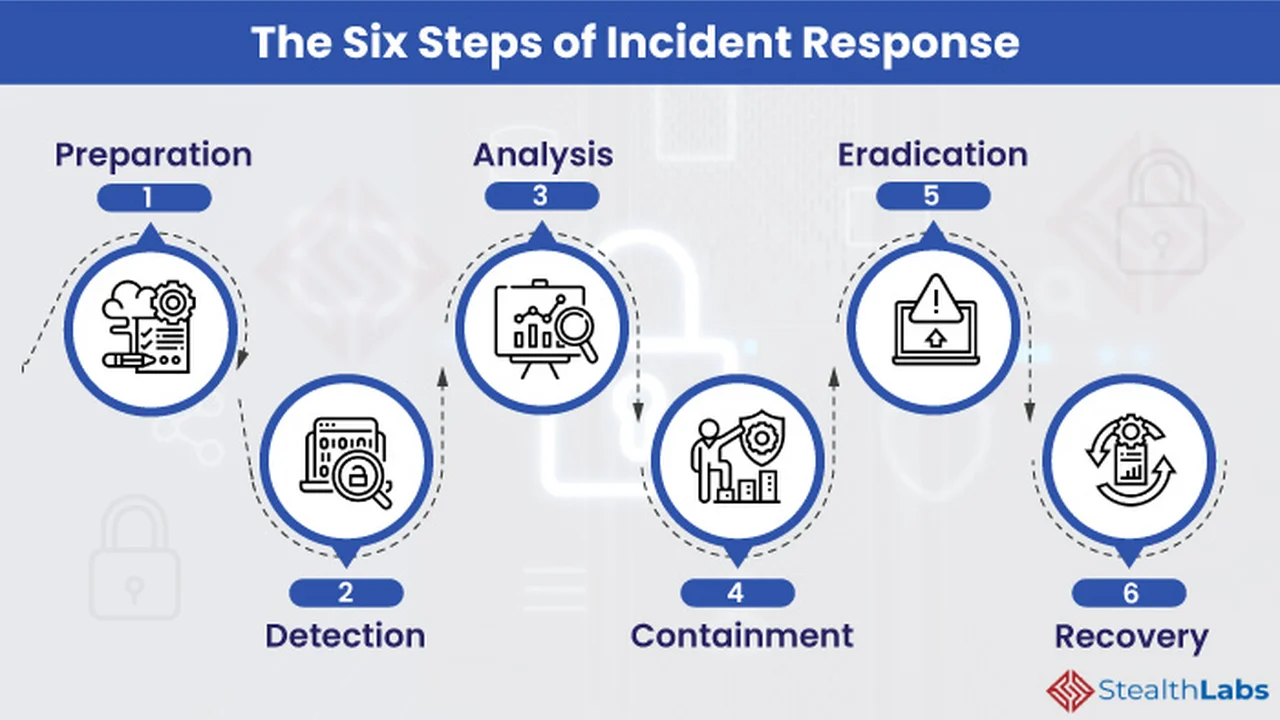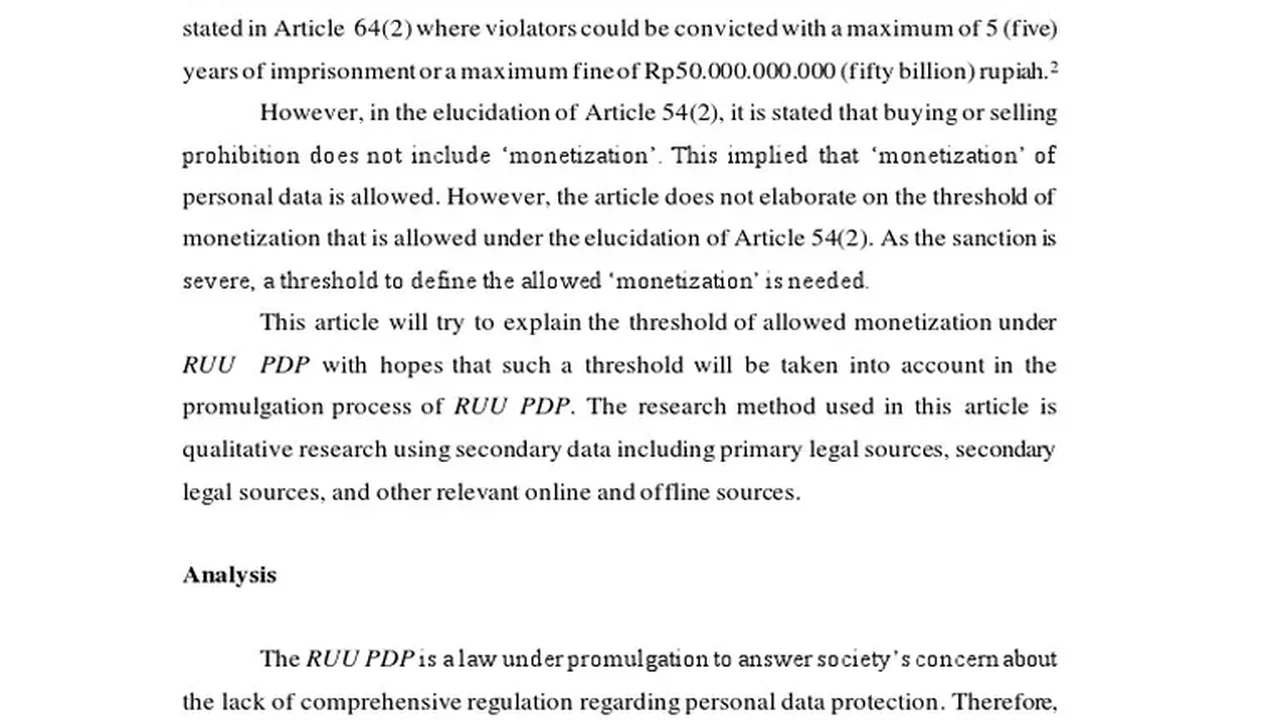Top 7 Cybersecurity Compliance Standards for US Businesses
Explore the 7 most important cybersecurity compliance standards US businesses must adhere to including HIPAA, PCI DSS, and NIST frameworks to protect sensitive data and avoid penalties.

Understanding Cybersecurity Compliance in the US Market
Hey there! Running a business in the US? Then you absolutely *have* to know about cybersecurity compliance. It's not just some boring legal mumbo-jumbo; it's about protecting your data, your customers, and your reputation. And let's be real, in today's world, a data breach can be a business killer. So, let's dive into the top 7 compliance standards you need to know.
1. HIPAA: Protecting Healthcare Information
HIPAA, or the Health Insurance Portability and Accountability Act, is a big deal for anyone in the healthcare industry. If you're dealing with protected health information (PHI), you *need* to be HIPAA compliant. This means implementing security measures to protect patient data, like electronic medical records, from unauthorized access.
What it covers: HIPAA covers a wide range of areas, including:
- Privacy Rule: Sets standards for protecting the privacy of PHI.
- Security Rule: Defines the administrative, physical, and technical safeguards required to protect electronic PHI.
- Breach Notification Rule: Requires covered entities to notify individuals, the Department of Health and Human Services (HHS), and the media (in some cases) of a breach of unsecured PHI.
Why it matters: Non-compliance can lead to serious fines, reputational damage, and even criminal charges. Nobody wants that!
Tools to help:
- Compliancy Group: Cloud-based HIPAA compliance software. Pricing starts around $399/month. Good for automating tasks and tracking progress.
- HIPAA One: Offers risk analysis and compliance management tools. Pricing varies based on the size of your organization. Great for comprehensive risk assessment.
2. PCI DSS: Securing Credit Card Data
If you accept credit card payments, you're subject to the Payment Card Industry Data Security Standard (PCI DSS). This standard aims to protect cardholder data from theft and fraud. Whether you're an online retailer or a brick-and-mortar store, PCI DSS compliance is essential.
What it covers: PCI DSS has 12 key requirements, including:
- Installing and maintaining a firewall configuration to protect cardholder data.
- Encrypting transmission of cardholder data across open, public networks.
- Using and regularly updating anti-virus software.
- Restricting access to cardholder data by business need-to-know.
- Assigning a unique ID to each person with computer access.
- Regularly testing security systems and processes.
Why it matters: Failure to comply can result in fines, increased transaction fees, and even the loss of your ability to accept credit card payments. Ouch!
Tools to help:
- Qualys PCI Compliance: Provides automated PCI DSS compliance scanning and reporting. Pricing starts around $895/year. Excellent for identifying vulnerabilities.
- Trustwave: Offers PCI DSS compliance validation and security solutions. Pricing is customized based on your business needs. A good option for larger enterprises.
3. NIST Cybersecurity Framework: A Comprehensive Approach
The National Institute of Standards and Technology (NIST) Cybersecurity Framework is a voluntary framework that helps organizations manage and reduce their cybersecurity risks. It's not a law, but it's widely recognized as a best practice and is often used as a benchmark for compliance.
What it covers: The NIST Cybersecurity Framework is built around five core functions:
- Identify: Develop an understanding of your organization's cybersecurity risks.
- Protect: Implement safeguards to protect your critical assets.
- Detect: Implement activities to identify cybersecurity events.
- Respond: Develop and implement activities to take action regarding a detected cybersecurity incident.
- Recover: Develop and implement activities to restore systems and assets affected by a cybersecurity incident.
Why it matters: The NIST framework is flexible and adaptable to different types of organizations. It helps you build a robust cybersecurity program tailored to your specific needs.
Tools to help:
- Hyperproof: A compliance operations platform that helps you implement and manage the NIST Cybersecurity Framework. Pricing starts at $499/month. Excellent for automation and collaboration.
- LogicGate Risk Cloud: A GRC (Governance, Risk, and Compliance) platform that can be used to manage NIST compliance. Pricing is customized. Suitable for larger organizations with complex compliance needs.
4. CMMC: Protecting Defense Information
The Cybersecurity Maturity Model Certification (CMMC) is a framework specifically for US Department of Defense (DoD) contractors. It's designed to protect sensitive defense information from cyber threats. If you're working with the DoD, CMMC compliance is a must.
What it covers: CMMC has five maturity levels, ranging from basic cyber hygiene to advanced cybersecurity practices. The level of certification required depends on the type of information you handle.
Why it matters: DoD contracts are increasingly requiring CMMC certification. Without it, you could lose out on valuable business opportunities.
Tools to help:
- PreVeil: Offers end-to-end encryption and access control solutions to help DoD contractors meet CMMC requirements. Pricing varies based on the number of users. A good option for secure communication and collaboration.
- Coalfire: Provides CMMC consulting and assessment services. Pricing is customized. Ideal for organizations needing expert guidance on CMMC compliance.
5. CCPA/CPRA: Protecting Consumer Privacy in California
The California Consumer Privacy Act (CCPA) and the California Privacy Rights Act (CPRA) give California consumers greater control over their personal information. If you're doing business in California and collecting personal data, you need to comply with these laws.
What it covers: CCPA/CPRA gives consumers rights such as:
- The right to know what personal information is being collected about them.
- The right to delete their personal information.
- The right to opt-out of the sale of their personal information.
- The right to non-discrimination for exercising their CCPA/CPRA rights.
Why it matters: Non-compliance can lead to hefty fines and lawsuits.
Tools to help:
- OneTrust: A privacy management platform that helps you comply with CCPA/CPRA and other privacy regulations. Pricing is customized. Suitable for large enterprises with complex privacy needs.
- Securiti.ai: Offers data discovery, privacy automation, and consent management solutions. Pricing varies based on the modules selected. Excellent for automating data privacy tasks.
6. GLBA: Protecting Financial Information
The Gramm-Leach-Bliley Act (GLBA) requires financial institutions to protect the privacy and security of their customers' nonpublic personal information (NPI). If you're in the financial services industry, GLBA compliance is essential.
What it covers: GLBA requires financial institutions to:
- Develop a written information security plan.
- Designate an employee or employees to coordinate the information security program.
- Identify and assess the risks to customer information.
- Design and implement safeguards to control the risks.
- Regularly test and monitor the effectiveness of the safeguards.
Why it matters: Failure to comply can result in fines and legal action.
Tools to help:
- Continuity Control: A GRC platform that helps financial institutions comply with GLBA and other regulations. Pricing is customized. Good for managing compliance across multiple locations.
- LogicManager: Offers risk and compliance management software for the financial services industry. Pricing is customized. Suitable for complex organizations with extensive compliance requirements.
7. FedRAMP: Cloud Security for Government Agencies
The Federal Risk and Authorization Management Program (FedRAMP) is a US government program that provides a standardized approach to security assessment, authorization, and continuous monitoring for cloud products and services. If you're providing cloud services to government agencies, FedRAMP authorization is often required.
What it covers: FedRAMP establishes a baseline set of security controls that cloud service providers must implement to protect government data.
Why it matters: FedRAMP authorization is essential for selling cloud services to the US government.
Tools to help:
- AWS GovCloud: A region of Amazon Web Services specifically designed for government agencies and contractors. Pricing is based on usage. Offers a secure and compliant cloud environment.
- Microsoft Azure Government: A cloud platform designed for US government agencies and their partners. Pricing is based on usage. Provides a range of FedRAMP-compliant services.
Navigating the US Cybersecurity Compliance Landscape: What to Consider
Okay, that was a lot! Choosing which compliance standards to prioritize really depends on your specific business and the type of data you handle. Here's a quick rundown to help you decide:
- Healthcare: HIPAA is non-negotiable.
- E-commerce: PCI DSS is a must.
- Defense Contractors: CMMC is increasingly important.
- California Businesses: CCPA/CPRA compliance is essential.
- Financial Institutions: GLBA compliance is required.
- Cloud Providers for Government: FedRAMP authorization is often necessary.
Even if a specific standard isn't legally required for your business, frameworks like the NIST Cybersecurity Framework can provide valuable guidance for improving your overall cybersecurity posture. Think of it as building a strong defense, even if you're not specifically required to.
Remember, cybersecurity compliance isn't a one-time thing. It's an ongoing process of assessment, implementation, and monitoring. Stay vigilant, stay informed, and stay compliant! Good luck!
:max_bytes(150000):strip_icc()/277019-baked-pork-chops-with-cream-of-mushroom-soup-DDMFS-beauty-4x3-BG-7505-5762b731cf30447d9cbbbbbf387beafa.jpg)






